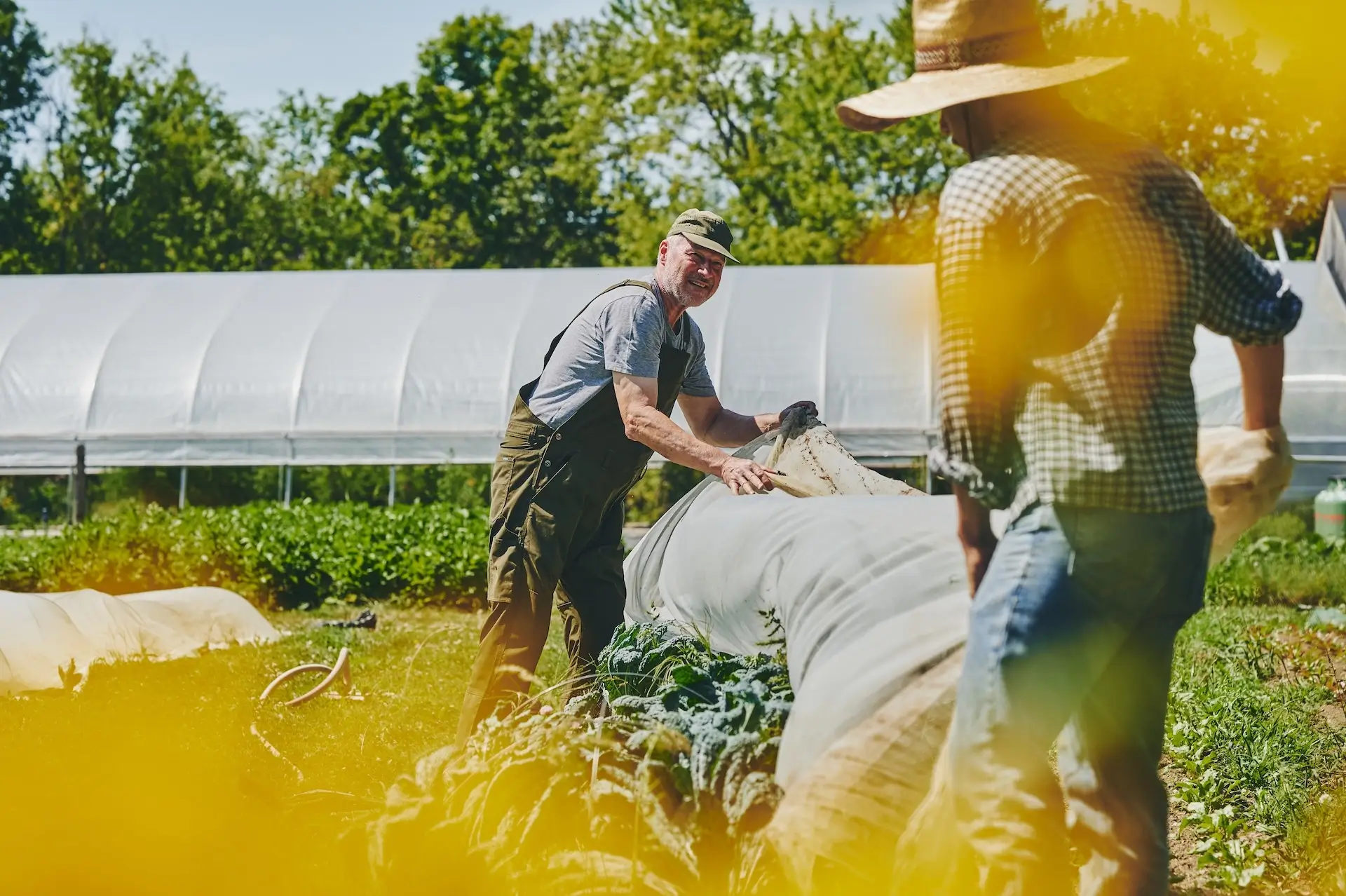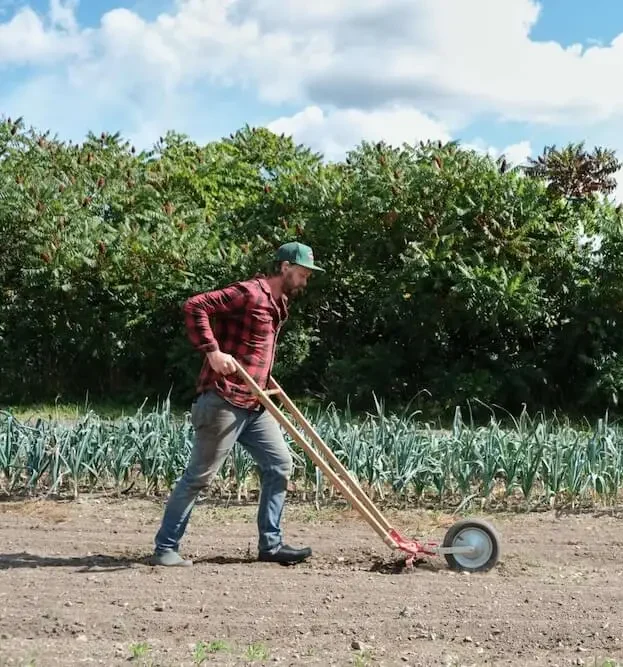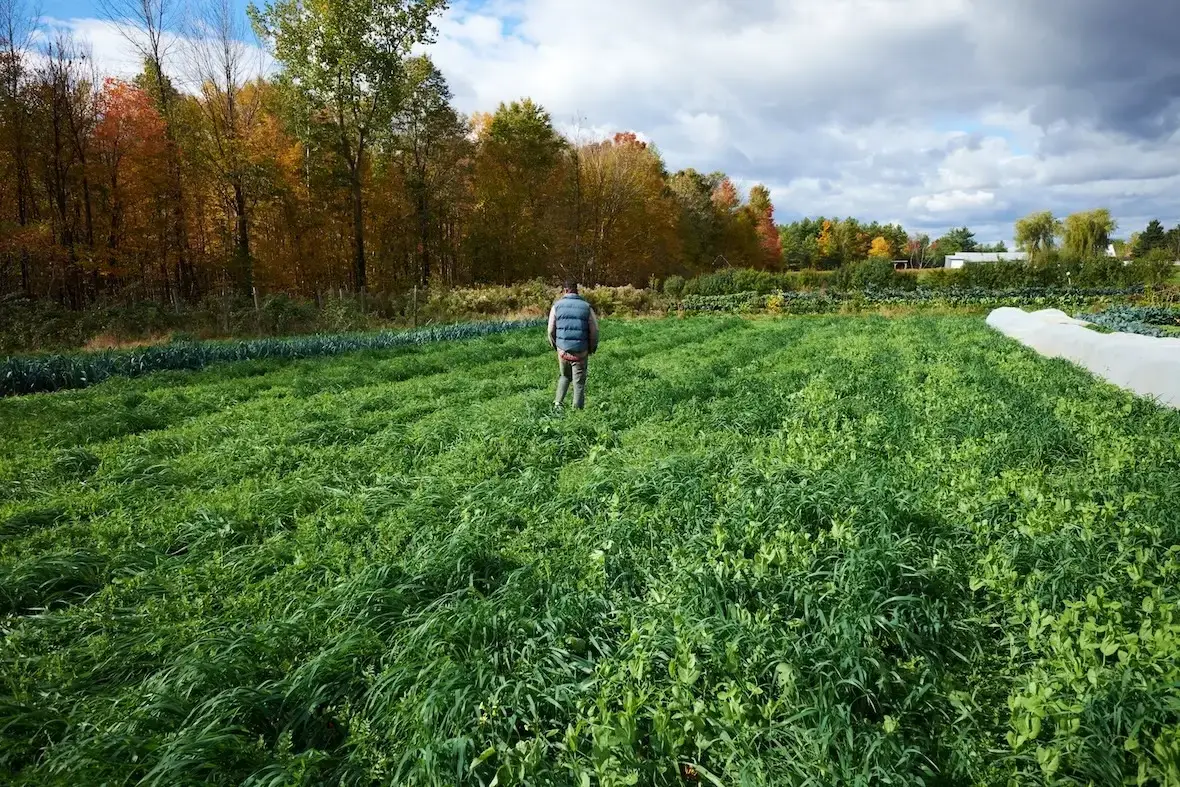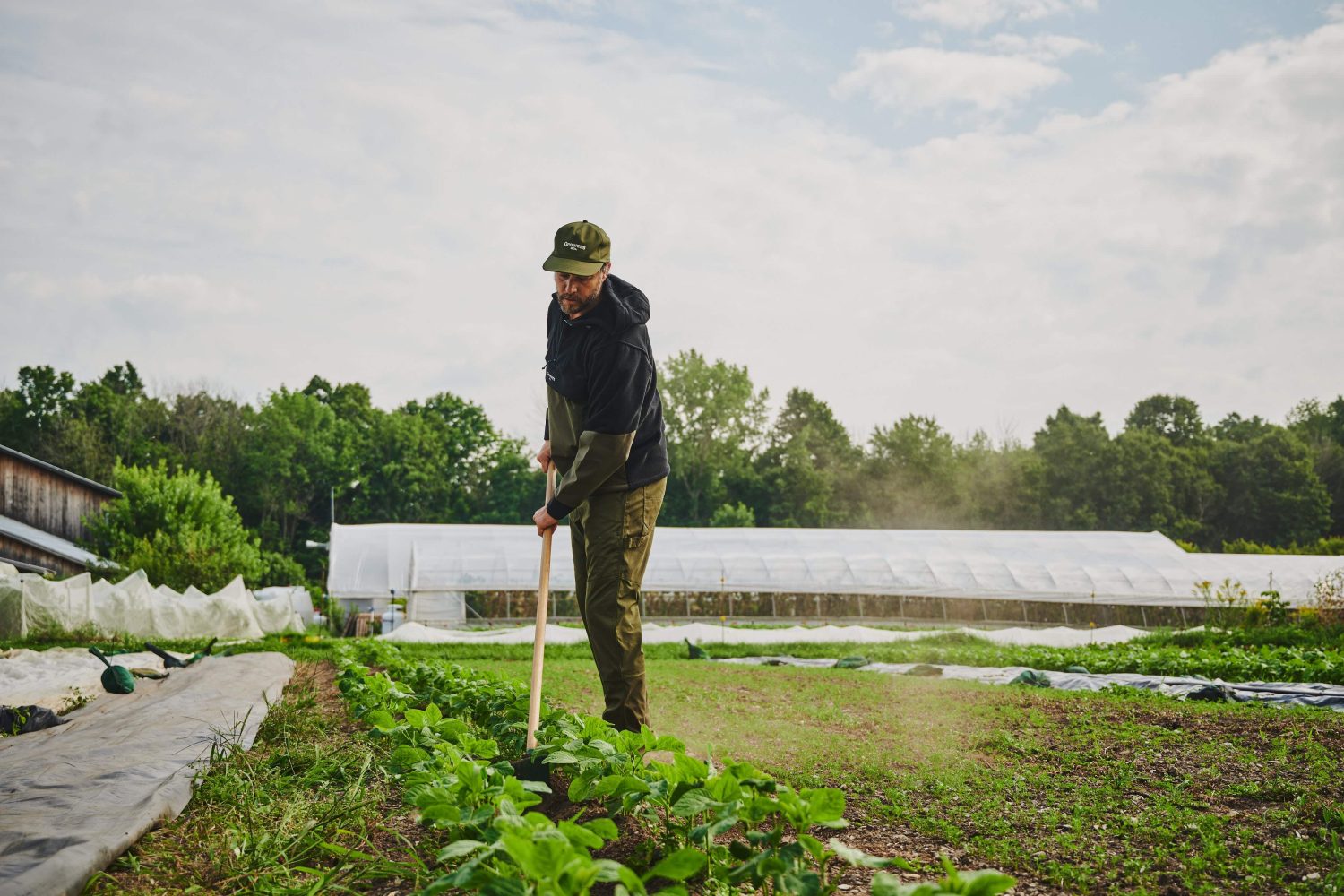For many growers, the opportunity to raise their family with fresh, healthy food, easy access to nature, and a connection to the land is a significant part of why they chose market gardening as a profession. But balancing family and farming is not always easy: both jobs require a great deal of time, care, and a willingness to adapt to the unexpected. Good time management is key to striking that balance.
We spoke to 5 market gardeners with children of different ages about their experiences, challenges, and tips. We invite you to embark on this journey with them via this miniseries of 5 articles which chronicle the biggest takeaways from those conversations.
Time Is the Limiting Factor, as a Parent and as a Farmer!
Time crunch is the number one challenge that came up in our conversations with growers: being a parent and being a farmer are both more than full-time jobs, and so trying to properly tackle both roles can be very overwhelming.
Since every situation is different, there is no magic solution, but the growers we spoke to had some excellent tips on best practices for managing your time on the farm and spending quality time with your children. Time management is your ticket to serenity!
Schedule Farm Tasks around Childcare Time
When planning your week at the farm, try to map out the times when you will be caring for your child, or when they will be around. Look at your tasks for the week and break down the activities that you can do with kids, and the ones you can’t. If your children are not on the farm full-time (if they’re at school or in daycare for part of the day), you have a window that you can use to complete the tasks that require the most focus or those that can be dangerous.
In collaboration with your co-parent, farming partners, and/or childcare providers, plan your schedule accordingly. For example, if your children get home from school at 3 pm, you could aim to have finished the BCS work by then, and switch to weeding, so that supervising them while they play is easier. Use your whiteboard to make this plan visible to all members of your farm team.
For many of the growers, we spoke to, keeping a set schedule was helpful to both them and their families. This doesn’t necessarily refer to keeping early morning “farmer’s hours”. For parents who are sending their children off to school every morning, they are often not able to start work before 9 am. But having a clear plan once you get started and a realistic sense of what can be accomplished in a day will help you set and meet expectations within your work hours.
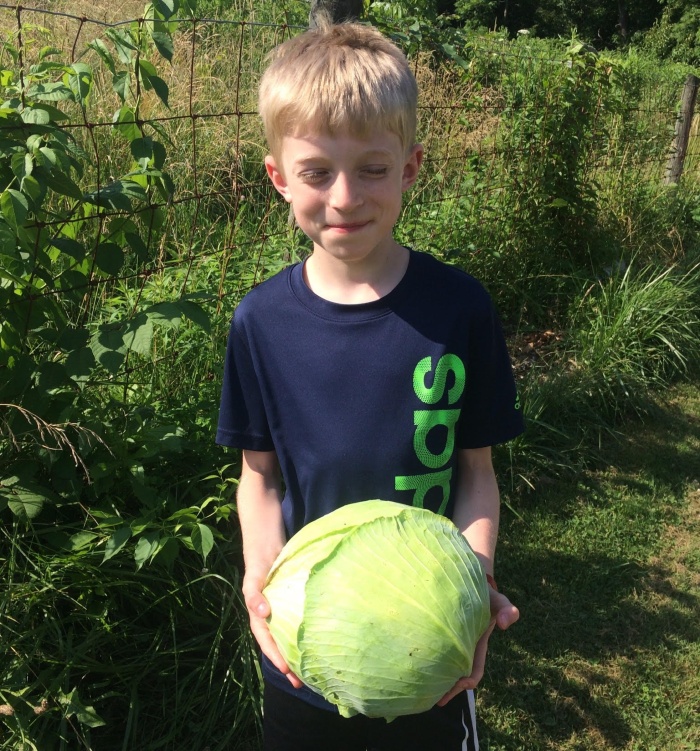
Build Buffer Times into Your Schedule
Life moves at a different pace when you’re young, so if your kids are with you on the farm, create your schedule to account for more breaks and interruptions. Depending on the age of your children, it’s unlikely they’ll be able to stay in one spot while you complete a task for 3 hours, so breaking big tasks up into smaller chunks will help in creating short-term goals and accomplishments for both of you.
When setting your weekly schedule and reflecting on time management, plan transition times that can act as buffers between locations, snack time and bathroom breaks to help keep everyone happy. If your children are old enough, creating a daily schedule together that accounts for both farm time and their needs, can help them to establish a sense of ownership and independence.
Organize Your Farm Systems
Having to balance family time with farm time can force you to tighten up your systems to ensure that your precious managerial time is being used effectively. If you consistently feel like you’re running around like a headless chicken, use this as an opportunity to refine your system and to work more efficiently within the systems you have.
Investing time and energy into creating efficient spaces and systems will pay off throughout your season. Are you spending a lot of time walking back and forth looking for tools? Create a centralized tool shed closer to your fields. Are your harvest and packing days taking longer than they need to? Streamline your harvest processes and wash/pack station. Better farm systems will allow you and all members of your farming team to use your energy effectively during the workday, and reduce your time and labor spent at the farm, leaving you more time and mental energy for your family.
Don’t forget to apply this organizational principle to your administration tasks as well. If you’re spending a lot of time entering manual data for your records, replying to customer emails, or bookkeeping, consider what organizational systems you can put in place to make these administrative tasks simpler and more efficient.
Prioritize and Use Time Management Strategies
Despite all your best efforts, there will always be moments in parenting and in farming when your best-laid plans go out the window. Whether it’s a weather emergency, a child’s illness, or one of the other myriad things that can go wrong on a farm, expecting the unexpected and being able to adjust accordingly is crucial to both parenting and farming.
During moments of stress, you can use the 4 D’s to help you prioritize and decide where to focus your energy. Write out your full to-do list, including all farm, family, and personal tasks, and then determine what you can do, delay, delegate, or drop. Not everything on your list is of equal importance, and accepting that not everything on your to-do list will get done in a given week is key to maintaining your own mental health.
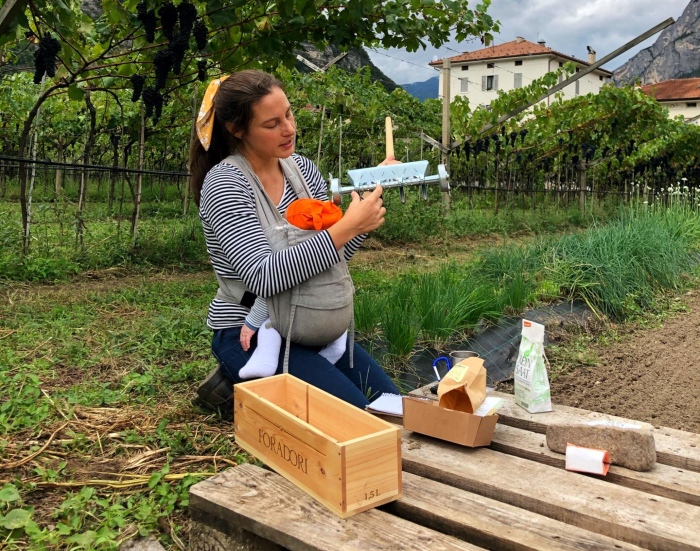
Delegating Is a Crucial Step to Avoid Burnout
Speaking of delegating, building your ability to delegate on the farm and creating the structures that make delegation possible, is crucial to avoiding burnout and fostering a healthy work-life balance. Creating these structures actually improves the organization of your farm systems – making sure that the procedures and systems for all of your regular farm operations are clear, consistent, and repeatable will allow your workdays to flow more smoothly and will leave more room for flexibility.
Depending on your farming and family situation, creating systems for delegation may look like creating standard operating procedures (SOPs) so that employees can take on more farm responsibilities, leaving you less indispensable to the day-to-day operations of the farm. The task sheets and crop guidelines that can be found in the Market Gardener Masterclass formed the basis of the SOPs for many of the growers we talked to.
Parenting and farming can be quite a journey! We have prepared a series of articles that will help you navigate those exciting experiences.
We invite you to consult the following articles:


